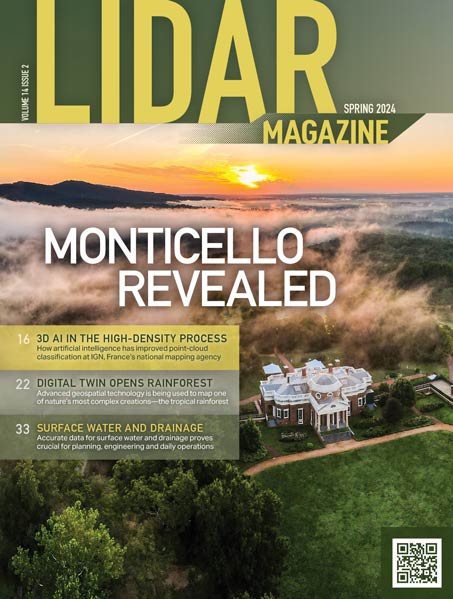Automotive LIDAR 2019 is shaping up to be another record-breaking event, with an expert speaker line-up. Two recently confirmed speakers include:
Materials and Applications of CMOS Solid-State LIDAR
Louay Eldada, PhD
CEO and Co-Founder
Quanergy
Manufactured at the company’s Silicon Valley factory, Quanergy’s CMOS silicon solid-state LIDAR sensors continue to push the state of the art in capability (high accuracy/high resolution in 3D), reliability, and affordability. With software embedded into the sensor, our LIDAR is the first all-in-one sensing solution. In this presentation, we will describe how CMOS silicon solid-state LIDAR sensors have evolved and matured, and the compelling capability that this type of LiDAR can bring to the industry. We will also discuss Quanergy’s solid-state LIDAR’s past and future developmental milestones such as technology improvements and decreasing costs. We will describe how CMOS silicon solid-state LIDARs have matured, and the compelling automation capability that this type LIDAR, combined with AI software, is bringing to various industries including transportation, smart spaces, industrial automation, drones, robotics, and 3D mapping. Finally, we will present our thoughts about the competitive landscape in the automotive LIDAR segment and discuss the recent activities of the leading players, as well as provide comments on the recent approaches of OEMs and Tier1s with respect to LIDAR integration into the automotive sensor suite.
Solid-State LIDAR: Why It Isn’t Necessary for Autonomous Vehicles
Raffi Mardirosian
Head of Corporate Development
Ouster
Solid-state LIDAR has gained a reputation as a necessary component for autonomous vehicles, as compared to spinning and mechanical LIDAR. Solid-state is regarded as the more cost-effective, more robust, and automotive-grade alternative, ideal for mass production of consumer vehicles. However, this perception is based on comparisons against older mechanically spinning LIDAR technologies. Recently, companies have been innovating mechanically spinning LIDAR to achieve smaller form factor, lower cost, higher resolution, greater robustness, and mass production levels, while solid-state LIDAR continues to suffer from challenges ranging from production to resolution to reliability. In addition, most LIDAR sensors marketed as solid-state are in fact based on MEMS technologies, meaning there is still a moving micro-mirror component. This talk will discuss the factors and tradeoffs to consider when choosing LIDAR solutions, rather than the “solid-state” label, and why solid-state technology is not a near term solution for autonomous capabilities. The talk will also provide an overview of the leading companies providing each type of LIDAR, as well as a brief roadmap of technology development for mechanically spinning LIDAR in the near future.
Registration rates will be going up soon and you can still register online to secure your two-day conference pass for only $995.
We look forward to seeing you in September!
